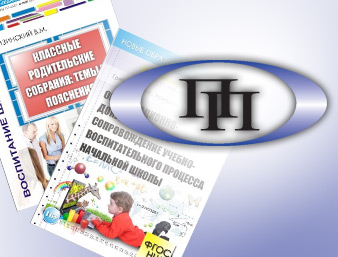
Lessons of Russian Safari for Globalists
Voropayev, Mikhail V.
[about]
To a western humanities-minded intellectual, unless s/he specializes in comparative education and cross-cultural research, post-perestroika Russian system of education is probably of little interest. There is a widespread belief that during perestroika there were attempts of democratization and de-ideologization in Russian education. This statement is generally correct, although, in fact, it hides a different reality, which is much closer to the prospects of education in the USA and the EU.
Clearly, the current events in Russia reflect the consequences of globalization processes which take place in the word culture and education.
The value of Russian reforms lies in their radicalism and in the specific nature of Russian culture; our national reforms clearly demonstrate the peculiarities of globalization processes which are less obvious in more developed countries. It can be explained by the fact that the vast territory of Russia, due to the iron curtain, has preserved a unique “Enlightenment project” (in the sense suggested by Jürgen Habermas). In spite of the distorted influence of the communist ideology and thanks to a strong influence of the patriarchal tradition in the Russian society, the soviet system of public education had all main characteristics that proved its genetic connection with the ideas of Enlightenment. I consider, it was the key reason why that system of education was destroyed.




